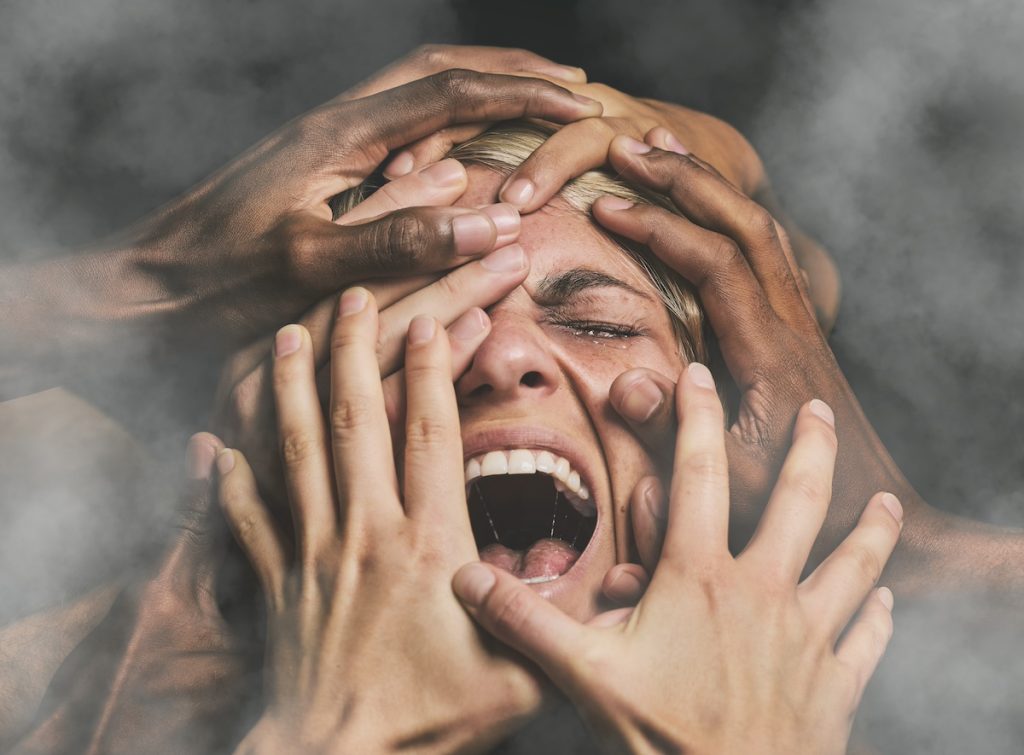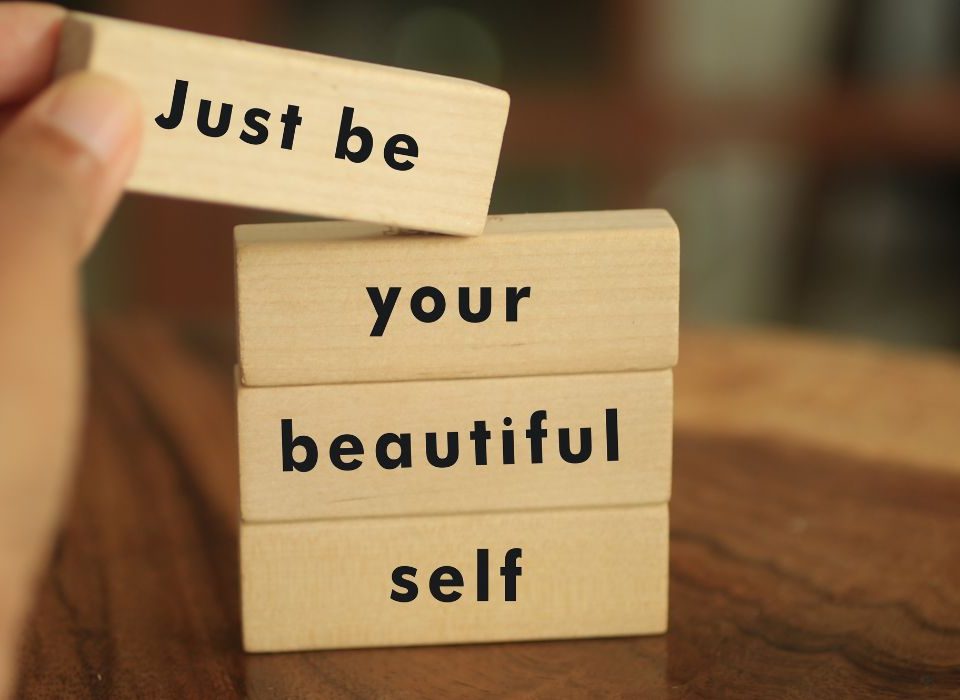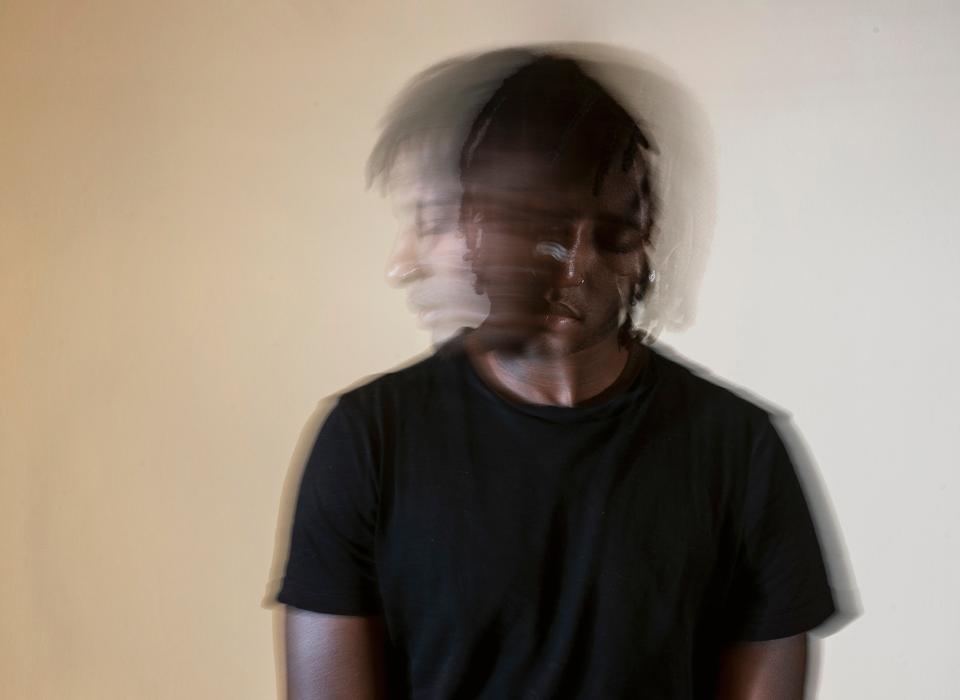
Understanding Postpartum Anxiety: Symptoms, Onset, and Screening
May 3, 2024
Calming Anxiety: Best Practices for Finding Peace Amidst the Storm
May 10, 2024Anxiety is a common mental health condition that affects millions of people worldwide. However, many individuals may not recognize the symptoms or understand when their feelings cross the line into anxiety disorder. In this blog, we explore the question, “Do I have anxiety?” by examining the symptoms experienced by both men and women.

Understanding Anxiety
Anxiety is a natural response to stress or perceived threats, often characterized by feelings of worry, fear, and nervousness. While occasional anxiety is a normal part of life, persistent or excessive anxiety that interferes with daily functioning may indicate a disorder.
Symptoms of Anxiety in Men
Men may experience anxiety differently than women, and the symptoms can vary widely from person to person. Some common symptoms of anxiety in men include:
- Irritability: Men may exhibit increased irritability or anger, particularly in response to stressors or triggers
- Physical Symptoms: Anxiety in men can manifest as physical symptoms such as muscle tension, headaches, stomach problems, and difficulty sleeping
- Substance Abuse: Some men may turn to alcohol or drugs as a way to cope with their symptoms, leading to substance abuse issues
- Avoidance Behavior: Men may engage in avoidance behavior to cope with anxiety, such as avoiding social situations or responsibilities that can be triggering
- Risk-Taking Behavior: In some cases, men may engage in risky or impulsive behavior as a way to distract themselves from their anxiety or seek relief from their symptoms
Symptoms of Anxiety in Women
Women are more likely than men to experience anxiety disorders, and they may exhibit different symptoms as well. Some common symptoms in women include:
- Excessive Worry: Women may experience persistent and excessive worry about various aspects of their lives, including work, relationships, and health
- Physical Symptoms: Anxiety in women can also manifest as physical symptoms such as fatigue, muscle tension, palpitations, and gastrointestinal problems
- Emotional Symptoms: Women may experience heightened emotional symptoms of anxiety, including feelings of fear, nervousness, restlessness, and difficulty concentrating
- Perfectionism: Women with anxiety may be perfectionistic, setting high standards for themselves and experiencing significant distress when they fall short of their expectations
- Rumination: Women may engage in rumination or overthinking, replaying past events, or worrying about future scenarios, which can exacerbate feelings
Do I Have Anxiety?
If you’re wondering whether you have anxiety, it’s essential to consider both the physical and psychological symptoms you’re experiencing. Ask yourself the following questions:
- Do I frequently feel tense, nervous, or on edge?
- Do I experience physical symptoms such as rapid heartbeat, sweating, or trembling?
- Do I worry excessively about everyday concerns?
- Do I avoid certain situations or activities due to fear or discomfort?
- Do my symptoms interfere with my daily life, work, or relationships?
If you answered “yes” to several of these questions, you may be experiencing anxiety. However, consulting with a healthcare professional for a proper diagnosis and treatment recommendations is essential.
Seeking Help for Anxiety
It’s essential to seek help from a qualified healthcare professional. Anxiety disorders are highly treatable, and there are many effective treatment options available, including therapy, medication, and self-help strategies.
Additionally, lifestyle changes such as regular movement, stress management techniques, and relaxation exercises can help reduce symptoms and improve overall well-being.
Anxiety can manifest differently in men and women, but the underlying symptoms often include feelings of worry, fear, and nervousness that interfere with daily functioning. It’s essential to recognize the physical and psychological symptoms you’re experiencing and seek help from a healthcare professional for a proper diagnosis and treatment plan.
Remember, there is hope and help available for managing anxiety, and you don’t have to face it alone. Seeking help is a sign of strength, not weakness. With the proper support and treatment, it’s possible to manage your disorder and lead a fulfilling life.
_________________________________________________________________________________
Looking for treatment for an eating disorder, anxiety, depression, trauma, or postpartum mood disorder?
Evolve Counseling Services is a specialized team of Licensed Therapists providing treatment in Paoli.



